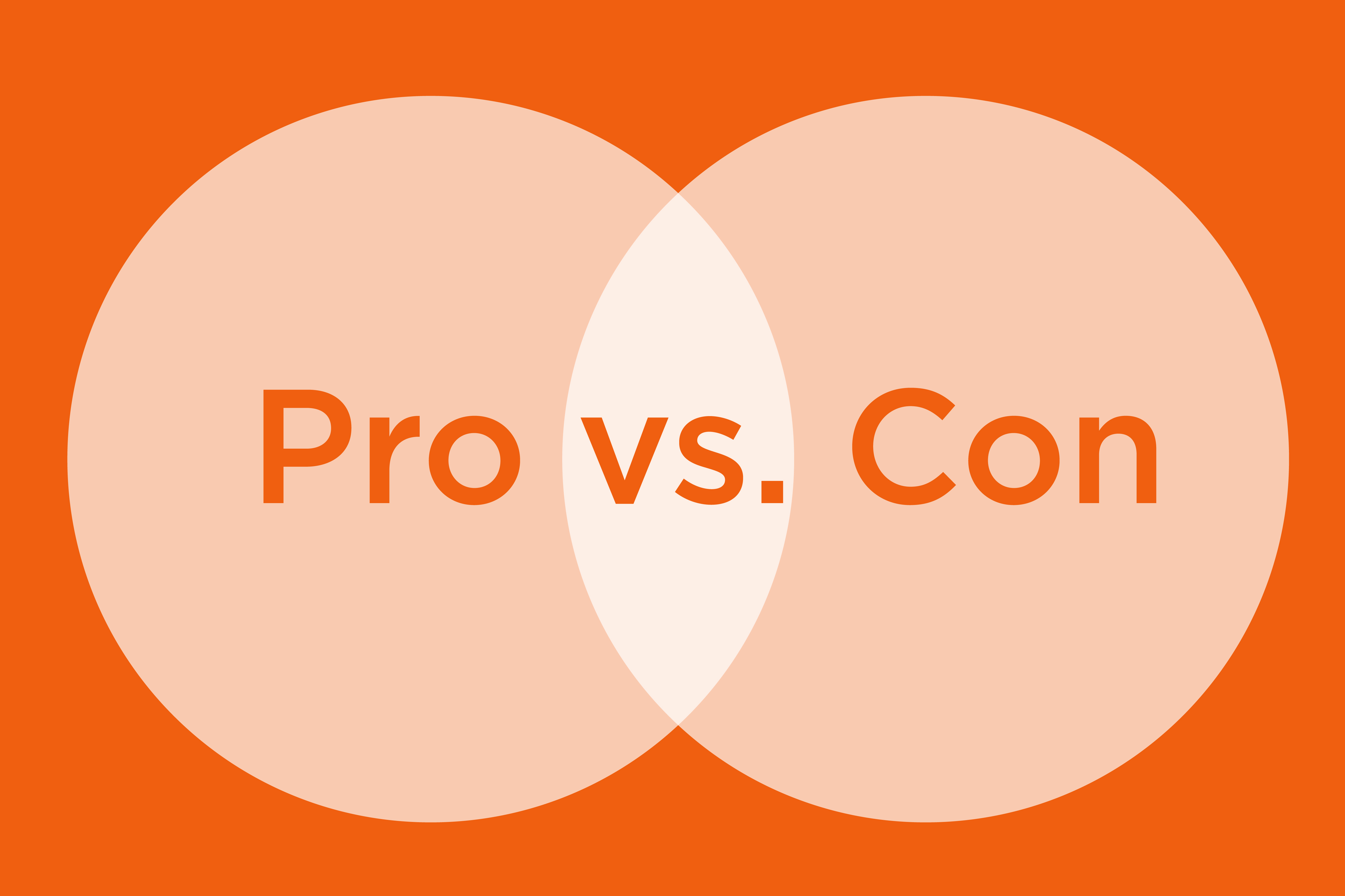A student campaign is raising awareness of the national government debt. However, with budgets and the debt, students can easily be overwhelmed by large, scary numbers. As such, a bit of context is helpful. First, Congress doesn’t cover all its spending (and rarely ever has). The cumulative debt owed by the federal government is a whopping $18 trillion. But does debt actually affect everyday life?
Honestly, federal debt is one of the safest long-term investments, so the interest rate that bonds traders get on debt is a signal for all kinds of investments – like business loans and home mortgages. If there’s so much debt that investors think the government might not pay it all back, then those investors will demand more interest. This reverberates through the entire economy. All kinds of investments get “crowded out,” and everyone goes broke as a result.
Pretty bad. But is that happening? There are some governments, like Greece, whose investors have no confidence and demand huge interest to cover their risks. Fortunately, our interest rate is right around a healthy two percent, and has been for a few years. With inflation, that the expected rise in prices is two percent in a healthy economy means the government might make up what it loses in interests through a bigger economy and more taxes.
There’s little threat of our debt ruining the economy today. If you were a risk-averse investor, where would you go? The European Union is on life support, Japan has been stuck for 20 years and the mighty Chinese are scared of independent bloggers. The prices of gold and oil have crashed, and you always know that there will be the US Government.
Is the debt getting worse? It’s true that we do run a deficit every year. For all the talk of “trillion dollar deficits,” spending rose sharply and taxes plummeted only in 2008. It was this small thing called the “recession.” Since then, the deficit has decreased by two thirds and is below some pre-recession levels already.
But assume debt is a big problem in the long run, and we ought to do something, disregarding how inaccurate most long-run projections are. What action steps to take? As “Diamond” Joe Biden put it, “Show me your budget, and I’ll tell you what you value.”
Do we assume that Congress would willingly cut the military or raise taxes? If you think so, have you ever seen Congress?
Do we cut healthcare and welfare for the poor and elderly? Despite the fact that wages still haven’t recovered from the 2008 recession, and millions remain unemployed?
Do we try to cut the remaining “discretionary” budget that makes up 17 percent of spending? The environment, transportation, education, arts, science, research, law enforcement and more?
We deserve a smart debate about policy. If college students can’t have one, then no one can. But relying on large numbers and platitudes about “awareness” is disingenuous to our student body as future taxpayers and citizens.
See also: Ryan Durga’s PRO piece on the national debt.
Patrick Quinlan is a junior majoring in international studies and political science.







